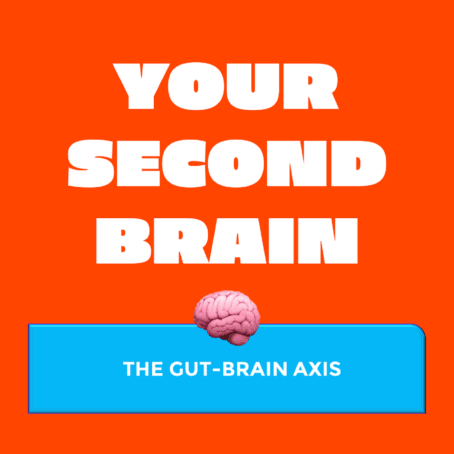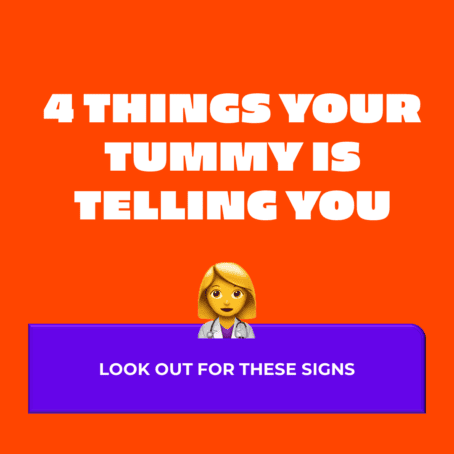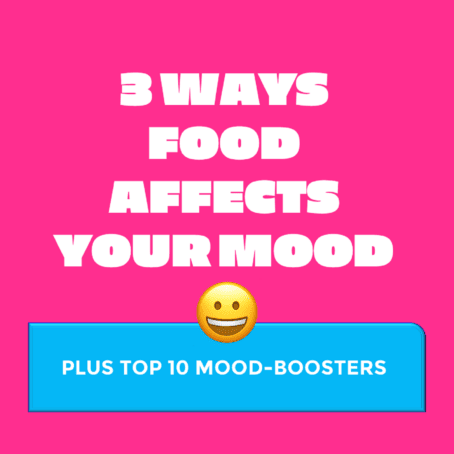The role of your microbiome
We mentioned your microbiome as a key player when it comes to the gut-brain axis. So let’s dive a little deeper…
Those microbes influence a lot of the messages sent to the brain by:
- Producing vitamins (including K and B vitamins) that are essential to lots of body processes.
- Producing hormones like serotonin (aka ‘the happy hormone’) and dopamine (aka ‘the pleasure hormone’) that help to regulate digestion as well as brain functions.
But if your microbiome is messed with (such as by poor diet, infections, medications, as well as stress), this can disrupt the bacteria balance.
The result?
The diversity of microbes in your gut can be reduced and it’s this diversity that’s linked to better tummy and overall health. In turn, this can mean fewer important vitamins and hormones are produced in the gut, including serotonin and your mood can drop.
How exactly do they communicate?
The gut-brain axis links the brain’s central nervous system (CNS ) with the gut’s enteric nervous system (ENS). Our tummies and brains communicate with each other bidirectionally (aka both ways), sending messages to each other in two main ways:
Physical messages (via the Vagus nerve): Messages between your brain and your tummy can be physical, like two friends chatting face-to-face. These physical messages are sent by the vagus nerve. The vagus nerve is the main nerve of your parasympathetic nervous system, acting like a long highway carrying information between the two.
Chemical messages (via hormones): Messages can also be chemical, sent by hormones called neurotransmitters – just like two friends texting.
The brain and your bowels
This close friendship may also explain some longer lasting tummy troubles. In fact, irritable bowel syndrome (IBS) is considered to be a disorder of the gut-brain axis, where stress, alongside other factors, is thought to play a central role.
That’s why lifestyle changes targeted at reducing stress, like mindfulness, meditation and breathing exercises can be game-changing. They’re now even being prescribed for managing IBS symptoms – the link really is powerful!
More and more research is being done on this gut-brain connection every day and it’s becoming even more clear how strong this communication really is. We’re here to help you get on top of your tummy for the brain benefits and more.





